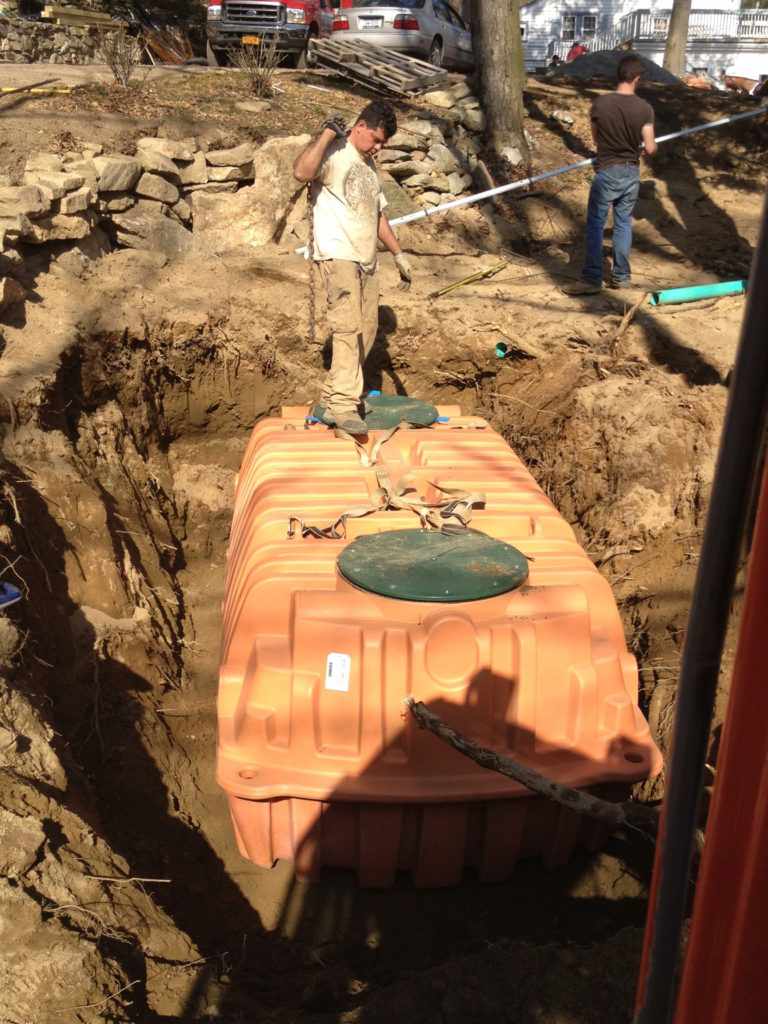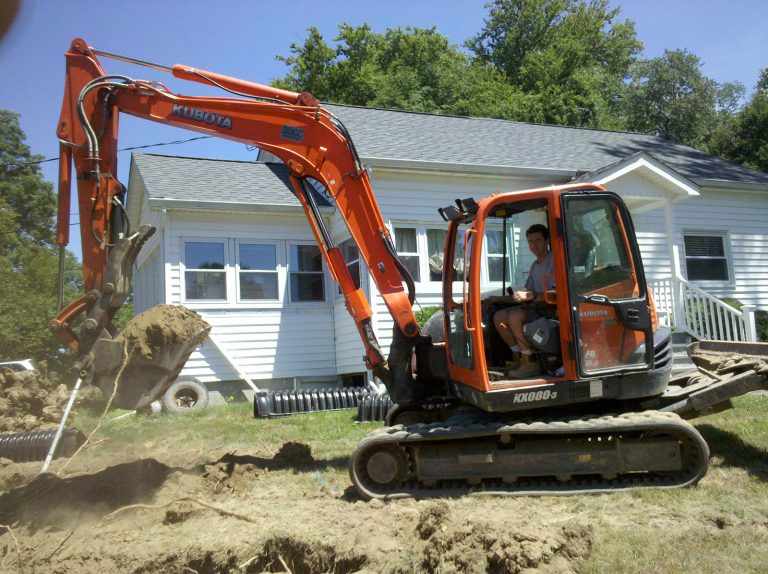When planning a home construction or renovation project, site preparation is a critical first step that sets the foundation for success. Proper site preparation ensures that the land is stable, accessible, and ready for construction, minimizing risks and delays. Whether you're building a new home, adding an extension, or installing outdoor features, understanding the essential steps in site preparation can make a significant difference. If you're undertaking a project in Westchester County, hiring an experienced Westchester Excavation Contractor can streamline the process and ensure your site is ready for development.
Site Assessment and Planning
Before any physical work begins, a thorough site assessment is necessary. This step involves evaluating soil conditions, drainage patterns, and potential obstacles such as existing structures, large trees, or underground utilities. A licensed Westchester Excavation Contractor can conduct a detailed site analysis to determine whether any modifications are needed to prevent issues like soil erosion or water pooling.
Planning is another crucial component of site preparation. It involves securing permits, adhering to zoning regulations, and mapping out the construction layout. Having a clear plan in place helps avoid costly errors and ensures compliance with local building codes.
Land Clearing and Demolition
Once the site has been assessed and planned, the next step is to clear the land. This process includes removing trees, shrubs, debris, and existing structures that may hinder construction. If there are old buildings or foundations on the property, professional demolition services may be required.
An experienced Westchester Excavation Contractor will use specialized equipment such as bulldozers, excavators, and tree removal tools to clear the site efficiently. Proper land clearing ensures a smooth and obstruction-free surface for construction to begin.
Excavation and Grading
Excavation is one of the most vital steps in site preparation, as it involves digging and reshaping the land to create a stable foundation. This process may include:
(a) Digging trenches for utility lines
(b) Creating a level surface for the foundation
(c) Removing excess soil or adding fill material to balance elevations
Grading follows excavation and ensures proper drainage, preventing water accumulation near the structure. Poorly graded land can lead to foundation issues, flooding, and erosion problems. A professional Westchester Excavation Contractor will ensure the land is properly sloped to direct water away from the home, reducing future maintenance concerns.
Soil Stabilization and Compaction
Once excavation and grading are complete, the soil must be stabilized and compacted to ensure a solid foundation. Unstable or loose soil can lead to structural problems over time, making this step essential.
Soil compaction is achieved using rollers, tampers, or plate compactors to eliminate air pockets and improve density. In some cases, soil stabilization techniques such as adding gravel, lime, or cement may be necessary to strengthen the ground. An experienced contractor will analyze soil conditions and determine the best approach to achieve optimal stability.
Utility Installation Preparation
Before construction begins, the site must be prepared for utility installations, including water, sewer, gas, and electrical lines. This process involves trenching and ensuring that utility connections are properly placed according to the building plans.
Coordinating with utility providers and ensuring compliance with safety regulations is crucial at this stage. A Westchester Excavation Contractor can assist in planning and executing utility installations, ensuring that trenches are dug to the correct depth and that pipes and conduits are securely placed.
Erosion and Drainage Control
To prevent soil erosion and water runoff issues, erosion control measures should be implemented.
These can include:
(a) Installing silt fences to trap sediment
(b) Creating retention basins to manage excess water
(c) Using vegetation or erosion control blankets to stabilize slopes
Proper drainage planning ensures that rainwater flows away from the construction area, reducing the risk of flooding and soil displacement. A well-prepared site with adequate drainage systems will maintain its integrity throughout the construction process.
Final Site Inspection and Approval
Before breaking ground, a final inspection should be conducted to verify that all site preparation steps have been completed correctly.
This inspection ensures that:
(a) The land is level and stable
(b) Utility connections are in place
(C) Drainage systems are functioning properly
(d) The site meets all permit and zoning requirements
Working with a professional Westchester Excavation Contractor ensures that any last-minute adjustments are made before construction begins, preventing delays and unexpected challenges.
Proper site preparation is essential for the success of any home construction project. From land clearing and excavation to grading, compaction, and utility installation, each step plays a crucial role in creating a stable and functional building site. By hiring an experienced Westchester Excavation Contractor, homeowners can ensure their project is built on a solid foundation, minimizing risks and maximizing efficiency.
Investing in professional site preparation services will not only enhance the longevity of your home but also streamline the construction process, saving you time and money in the long run. Whether you're building a new residence or making home improvements, starting with a well-prepared site is the key to a successful and hassle-free project.





Write a comment ...